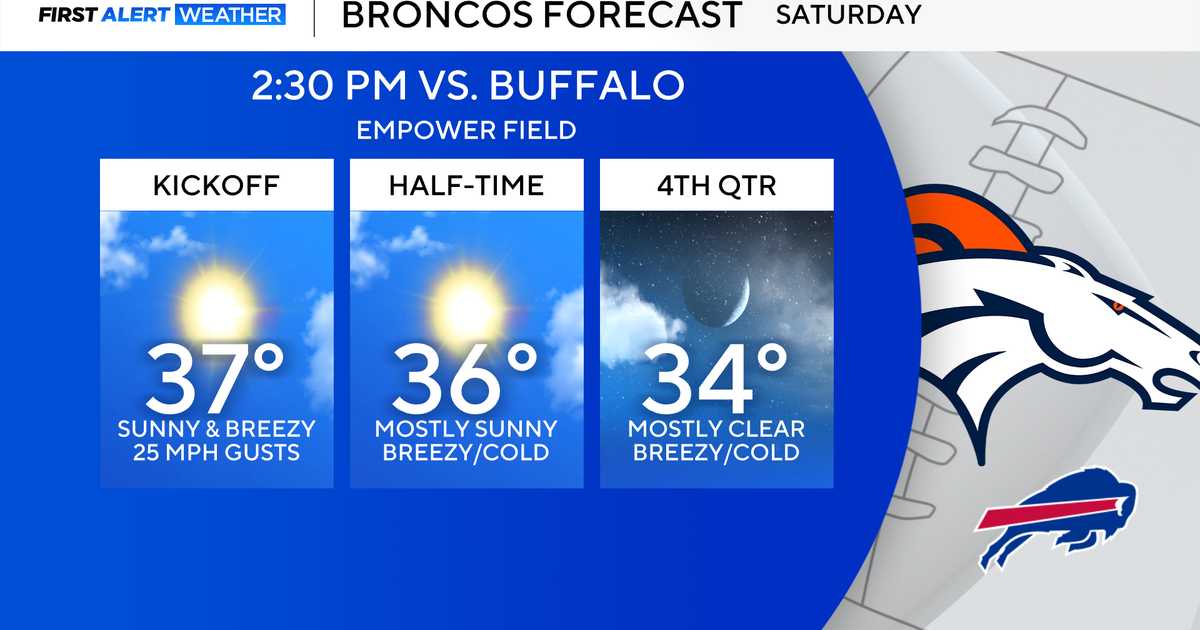Thick Fog Wreaks Havoc On Schedule At Sochi Olympics
KRASNAYA POLYANA, Russia (CBSNewYork/AP) -- Thick fog lingered over the mountains at the Sochi Olympics on Monday, forcing the postponement of a biathlon race and snowboard event until Tuesday.
The fog rolled in over the mountains in Krasnaya Polyana on Sunday night and showed no sign of dissipating by Monday afternoon. That prompted organizers to call off the men's biathlon mass-start race and men's snowboardcross almost simultaneously.
The biathlon race, which had already been pushed back from Sunday evening, will now be held Tuesday at 2:30 p.m., organizers said. A decision on the women's mass-start race still scheduled for its original 7 p.m. start was set to be made later Monday.
"Well, I am going to sleep again," double Olympic champion Martin Fourcade tweeted in French after the race was postponed. "We'll see each other tomorrow!"
At the Rosa Khutor Extreme Park, the snowboardcross was also first delayed then postponed. Organizers first canceled the seeding runs for the event, then pushed back the elimination races before calling it a day. The elimination races will now start at 10:30 a.m. Tuesday, with the seeding runs scrapped.
The Alpine events were not affected because Monday was an off-day, but organizers called off a free skiing session to keep the course intact for Tuesday's women's giant slalom.
Women's race director Atle Skaardal said the fog could still affect that event if it remains.
"I don't know if they'll see anything," Skaardal said.
The ski jumping venue is at a lower altitude and was not shrouded in the thick fog. A training round for Nordic combined athletes was held without disruptions, and the ski jump team event was also expected to go ahead as scheduled.
Weather has been a big story so far in Sochi, with temperatures in the 60s last week making conditions difficult for winter sports.
The fog is causing a new challenge for the athletes following days of sunshine and unseasonably warm weather. At the Laura Cross Country Ski and Biathlon Center, the high temperatures toward the end of last week had softened the snow and led to some cross-country skiers cutting off the sleeves on their suits.
In biathlon, fog is an even bigger problem because it limits the visibility on the shooting range.
"You have to be able to hit the targets," said Jerry Kokesh, the editor of the International Biathlon Union's official website, adding that the course becomes more dangerous as well. "Uphills are not a problem, but downhills are. ... That can be a serious safety concern."
The first week of the games went by without any major disruptions to the schedule before Sunday's biathlon race was postponed, despite concerns going into the Olympics about the warm climate in Sochi. IOC spokesman Mark Adams said every Winter Olympics normally faces some rescheduling because of the weather, and that Sochi has been relatively unaffected.
"In terms of what's going on there, I think it's actually quite ironic that the biggest issue we've had so far is due to winter fog," Adams said. "Winter sports is very unpredictable. It's a very dynamic field of play. At present, the conditions are good and we are continuing. We haven't had any major complaints up there."
You May Also Be Interested In These Stories
(TM and © Copyright 2014 CBS Radio Inc. and its relevant subsidiaries. CBS RADIO and EYE Logo TM and Copyright 2014 CBS Broadcasting Inc. Used under license. All Rights Reserved. This material may not be published, broadcast, rewritten, or redistributed. The Associated Press contributed to this report.)







